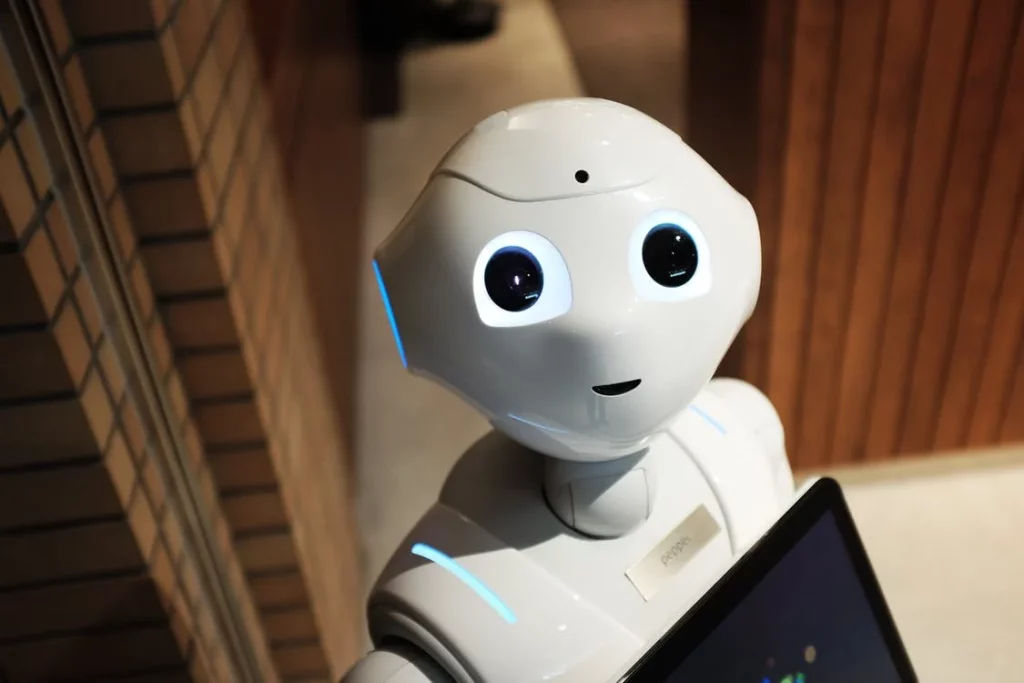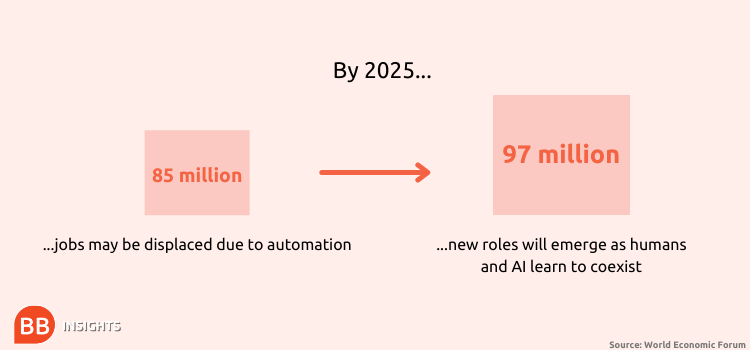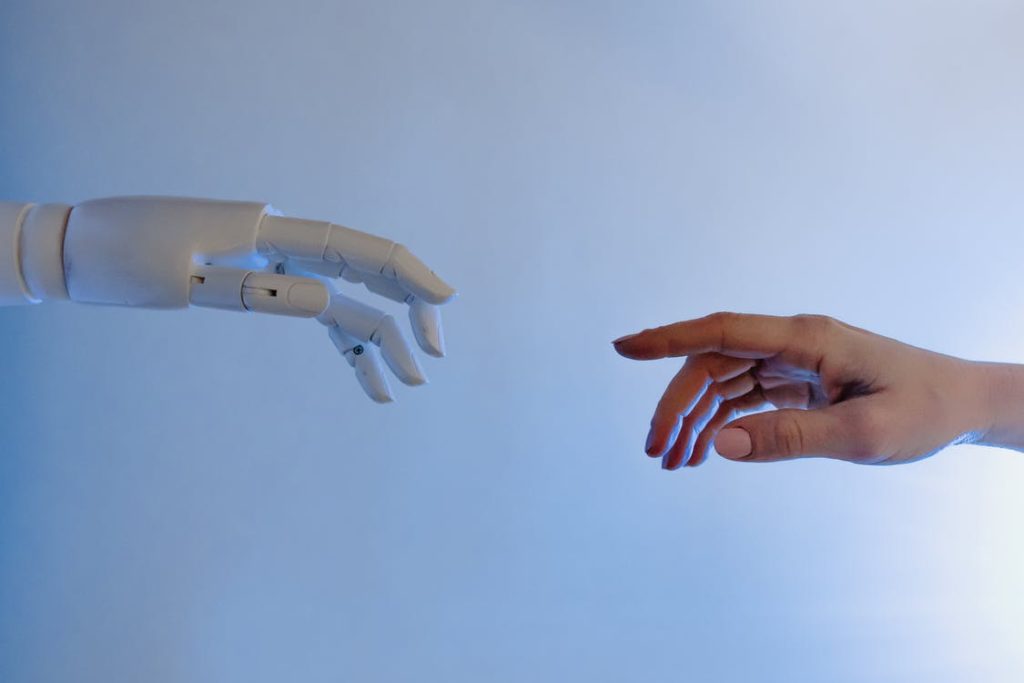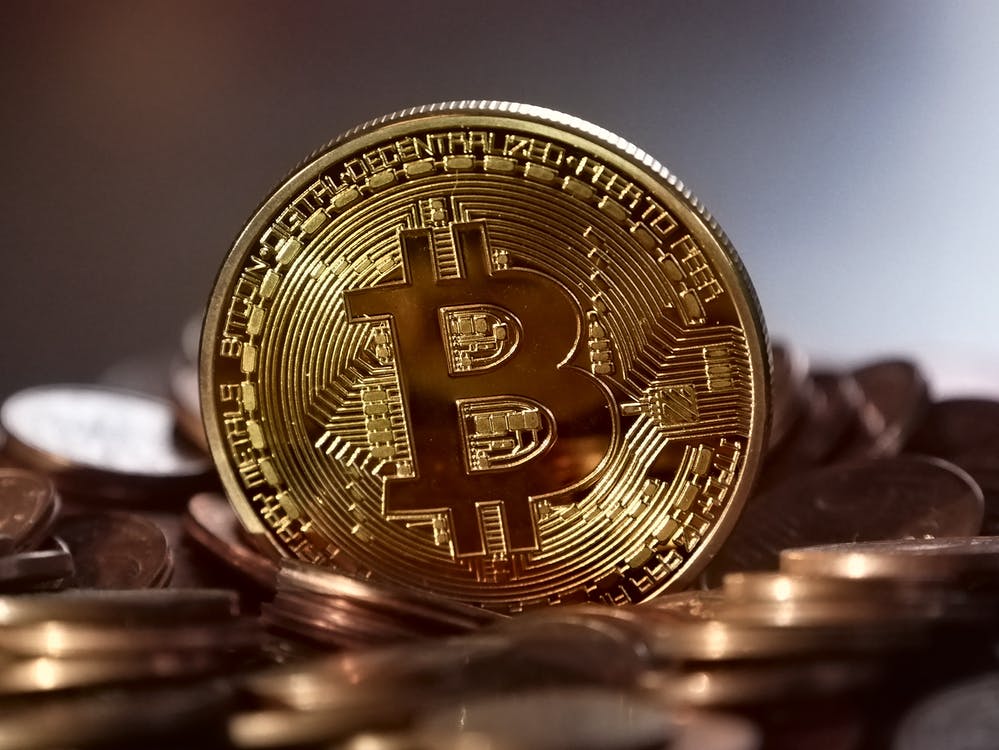Often, this question comes to our mind, “How Artificial Intelligence will impact the future of jobs?” Most of us get our answer from science fiction movies and TV shows, which paints the picture quite negative, to be honest. They made us believe in this grand idea of robotic domination and intelligent machines taking over the world and all the jobs. So, I decided to dig deeper to find the truth. Whether the creation can overtake its creator? Are we going to live at the mercy of machines we create from our own hands? Well, the simple answer is not in our lifetimes. The process of “World domination of machines” is too slow to happen in foreseen future, as suggested by Chou, CEO of Catalytic.
Besides, If you look at the whole picture, you’ll see that our world relies heavily on Artificial Intelligence. Industries have incorporated so much AI into tedious jobs, which not only made processes smoother and more efficient. But, it also has given humans more autonomy in their time. Another reason AI can’t take your job is its limitations. Most machines you see are capable of “specialised Intelligence”, which means they can perform tasks they are programmed to do. While most humans are capable of ” Generalized Intelligence”, which means we have abstract thinking and critical judgement. Which business doesn’t need those qualities? So, without wasting your precious time. I will tell you how AI Robotics will impact the future of jobs.
5 Ways AI Robotics Will Impact the Future Of Jobs:
Artificial Intelligence is basically a simulation of human intelligence processes such as decision-making, visual perception, and speech recognition. The inclusion of artificial intelligence in industries is quite evident, and these are the five ways AI will impact the future of work:

1. AI will kill some jobs:
Although not all AI will end some career options, intelligent machines will do repetitive and tedious tasks due to technological advances. Many experts believe that some professions will be automated in the coming ten years. According to Kai-Fu Lee, the author of “AI Superpowers: China, Silicon Valley, and the New World Order”, Almost 50 % of jobs will be automated in the next ten to fifteen years. McKinsey Global Institute and Oxford University studies also suggest that massive changes will occur in the foreseeable future.
But it’s not at all gloomy. What most of these reports suggest is that some actions inside a job will be automated. It doesn’t mean Robots will occupy the position. According to McKinsey Global Institute, ” 50% of activities within a job could be automated; realistically, only 5% of jobs could be fully replaced by existing technologies.” After all, During the Industrial Revolution, a common consensus was that many people would lose their bread due to booming industries. But it created more jobs than it took away from people.
2. Artificial Intelligence: A New Standard In All Businesses
AI is the new standard in every Industry. In 2015, only 10 percent of organisations reported they are or will use AI in the future. By 2019, 37 percent of organisations said the same. This impressive 270 percent growth suggests the inclination of businesses towards AI. Most IT leaders believe AI to be the most disruptive technology on earth. It is believed that AI will affect the following sectors the most:
Cybersecurity:
AI’s ability to process a large amount of data makes it crucial in detecting frauds. As more businesses go online, cybersecurity becomes an utmost priority to them. According to purplesec, By 2025, cybercrime will cost upto $10.5 trillion annually. Hence, Artificial Intelligence will be vital in identifying cyber threats worldwide.
Medical:
AI can diagnose diseases more effectively. It can also be used to create predictive models related to health science. It is evident from ongoing progress in the field that how much medical science is going to rely on machine learning and AI in the near future.
E-Commerce:
Be it Marketing, Customer service or Distribution. AI will play a pivotal role in E-Commerce. From inventory automation to chatbots, AI will control all aspects of online retailing in near future.
Automative Systems:
Tesla is a well-known automobile company. Everyone knows it due to its self-driving vehicles. Well, it’s just a start. All you will learn in future are autonomous vehicles, which are the advent of AI’s impact on transportation.
3. AI will Continue To Rely On Humans:
AI will indeed end many career options, but it’s also true that output provided by those workers will be redirected towards meaningful actions. What I mean by this statement is that complex systems require complex dealings. According to Justin Adams- Vice President of Waystar, Technology creates more jobs because it’s another thing humans have to deal with. Mr Chou supports this argument with this analogy; back in “DOS days”, one hyper-dedicated rogue was enough to create a video game. Now, you need high-tech studios for such undertakings. According to him, you need alot of people for technology adoption.
The limited scope of Intelligence possessed by machines will require the complex intelligence of humans for its survival. This will create more opportunities for humans.
4. AI Will Create New Job Opportunities:
AI will create job opportunities that will require a new set of skills. A reason why, AI and machine learning are considered one of the most desired skills for the future. By 2025, jobs seeking AI skills will increase up to 71 percent. Suppose you are looking for a new career path. Do consider AI to be your next goldmine.
Study groups predicting the shift in required skills for work show us some interesting data. According to World Economic Forum, there are skills which will accelerate in demand and abilities which will see a downward-facing trend in future. By 2022, skills such as programming, technology and design will be high in demand. People possessing soft skills like originality, creativity and critical thinking will see more success in their careers. On the other hand, skills such as time management and manual dexterity will experience a decline. Moreover, McKinsey & Company suggest that, by 2030 around 10 percent brand new jobs will exist. Fascinating, Right?
5. Automation Will Give More Autonomy Of Time:
Last in our list of 5 ways AI Robotics will impact the future of jobs is the biggest perk of automating routine tasks: free time for humans. It is suggested that the more AI is integrated into our lives, the more free time we will have to utilise in productive outlets. For example, with their automated voice searches, tools like Alexa and SIRI save so much time for us. The constantly updating system makes such technologies smarter by the day. Imagine an AI system assisting you in scheduling and planning events. More intelligent machines will make life much easier and more manageable for humans. Hence, we can conclude that with advanced and intelligent machines at our disposal, Humans will have free time to utilise as they please.
Conclusion:
In conclusion, whether we like it or not, AI is here to stay. We reap the benefits of machine learning every day without even realising it. Artificial Intelligence creates more opportunities than it destroys for humans. In future, skills based on artificial intelligence will be high in demand compared to menial skills. The adoption of technology is far more high-paced than anything in the past. Anyone interested in how machines or robots will become integral to our work environment should focus on acquiring new skills to overcome future challenges.

By Fatima Mateen.


